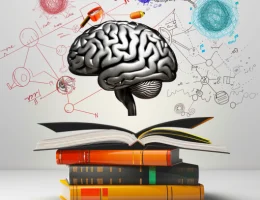Baldwin et al. (2022) examine how strategic self-control and willpower influence Scholastic Assessment Test (SAT) preparation and performance. Their findings provide valuable insights into how students can enhance their outcomes on high-stakes exams by focusing on effective self-control strategies. Background The study is based on the premise that self-control is …





